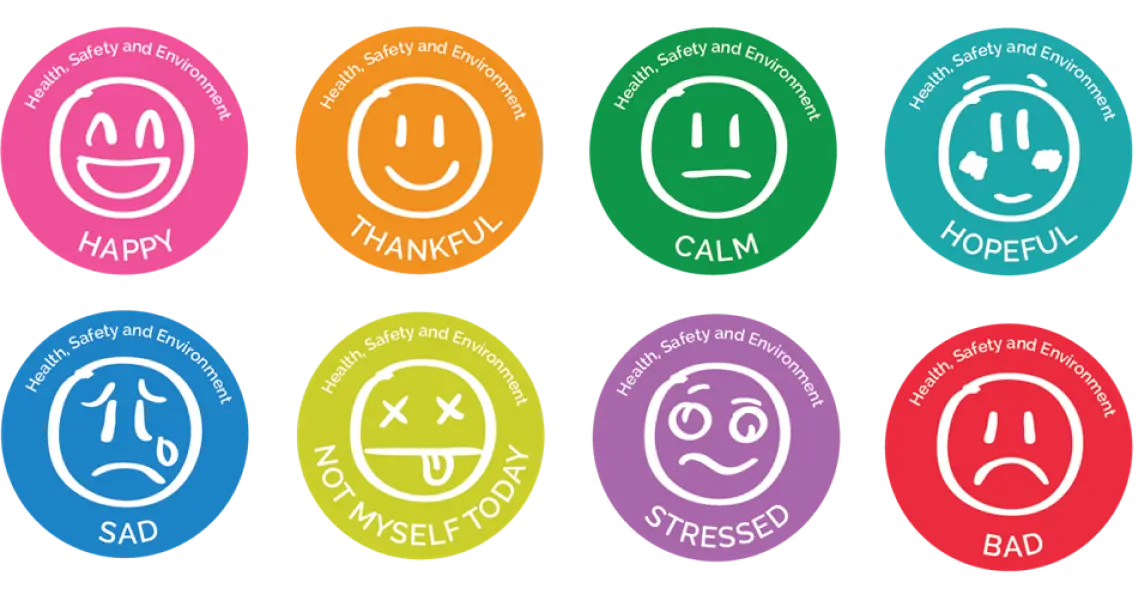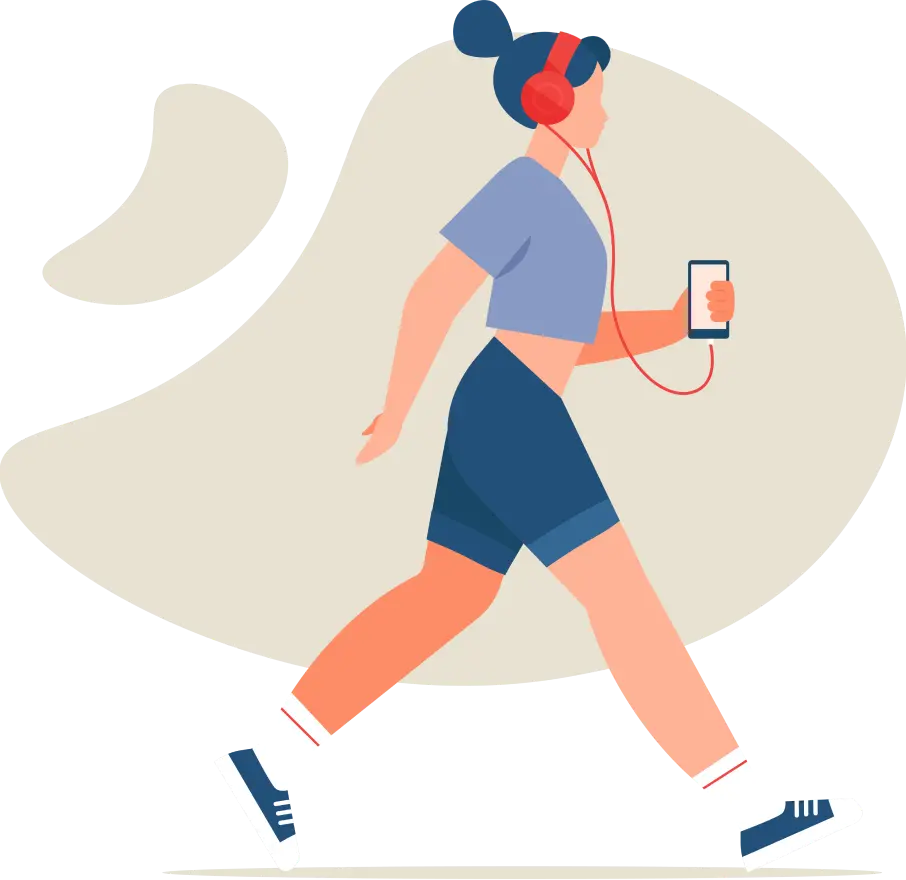




Quick Links:

We all play a role in making mental health and well-being part of our daily dialogue. This toolkit will help you to:
Self-awareness is the act of understanding yourself, listening to your thoughts and emotions, and knowing how you feel and why. It is also understanding that other’s may see you differently from how you see yourself. Understanding your own feelings helps you know your own strengths and weaknesses this in turn, helps you build on your strengths and learn how to overcome challenges.
Mental health is a continuum from wellness to acute illness. Preserving a healthy balance is important to the maintenance of ongoing mental health. Awareness, understanding and knowledge of how we feel will help achieving better mental health and cultivating a better sense of emotional wellbeing.
The first step in becoming aware of your emotions is to take pause and become aware of how you feel in the moment. By practicing how to better recognize and understand your own emotions, you will find it easier to improve how you communicate. Without being connected to all of your emotions, you cannot manage stress, fully understand your own behavior, or appropriately control how you think and act.
Emotional health is the ability to cope with and manage emotions. It is also the ability to have positive relationships. High emotional intelligence can help you navigate the social complexities of the workplace, lead and motivate others, and excel in your career. Several studies have shown that emotional abilities are of particular relevance to psychological health and wellbeing.


Self-management – your ability to control impulsive feelings and behaviors, manage your emotions in healthy ways, take initiative, follow through on commitments, and adapt to changing circumstances.
Self-awareness – You recognize your own emotions and how they affect your thoughts and behavior. You know your strengths and weaknesses, and have self-confidence.
Social awareness – You have empathy. You can understand the emotions, needs, and concerns of other people, notice emotional cues, feel comfortable socially, and recognize the power dynamics in a group or organization.
Relationship management – You know how to develop and maintain good relationships, communicate clearly, inspire and influence others, work well in a team, and manage conflict.

Job performance, safety and productivity
Engagement with one’s
work
Communication with
coworkers
Physical capability and daily functioning
For more resources on how to eat healthy visit:
The Healthy Food Palm & Healthy Food Proportions


Find more information on your recommended health screening by age here.

Have questions please email occupational.health@kaust.edu.sa